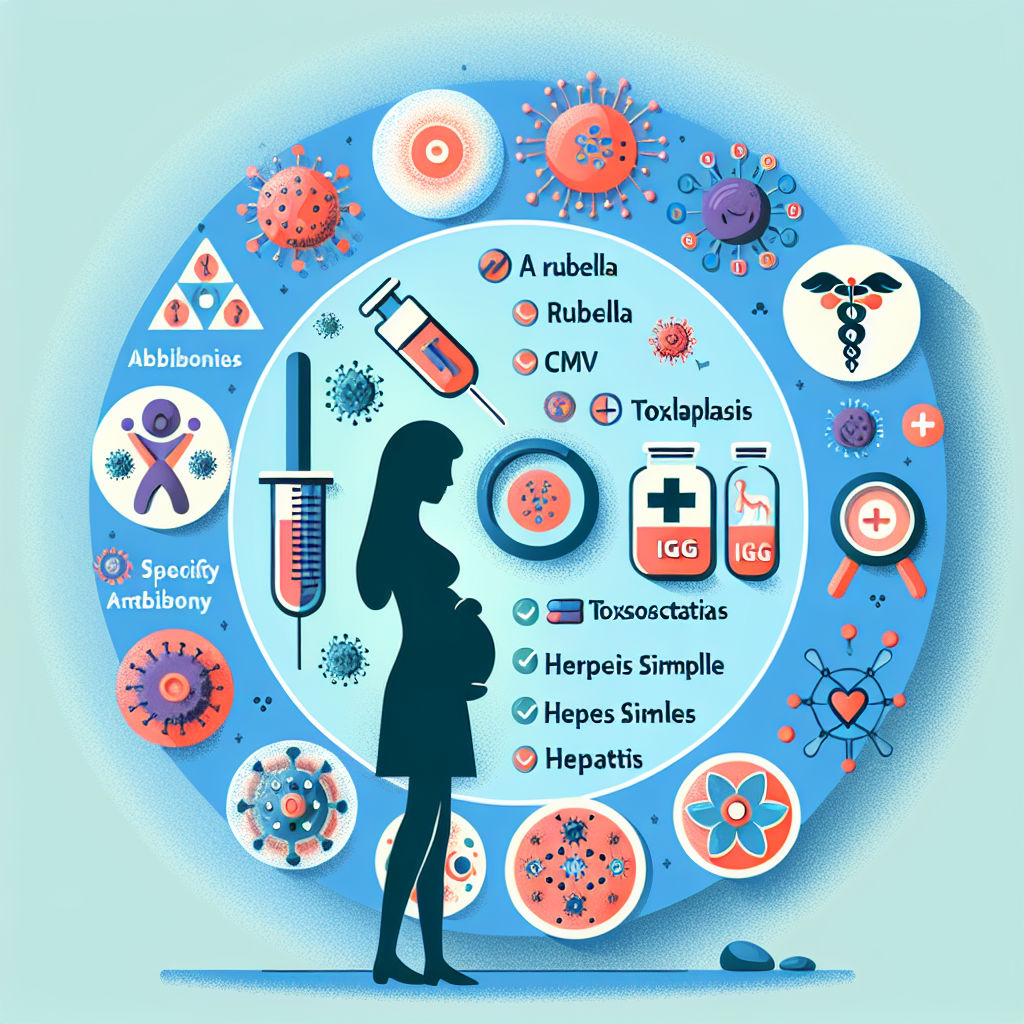Child Development: A Complete Guide to the Essential Stages
Introduction to Child Development
Child development is a fascinating journey that begins from the moment of conception and continues through adulthood. During this period, children learn and develop at a rapid pace, acquiring new skills and knowledge. It is therefore essential for parents and carers to understand the different stages of a child's development so that they can fully support and help them reach their full potential.
Newborn Stage (0-2 months)
At this stage, babies learn to adapt to the world outside the mother's womb. They develop their sight, hearing and other senses, starting to recognize their parents' faces and voices. Eye contact, mimicking facial expressions, and responding to smiles are cognitive and social skills that begin to develop during this period.
Infant Stage (2-12 months)
In this phase, children begin to explore the world around them more. Motor skills develop quickly as babies learn to hold their head, roll over, sit up and even start to walk. Language skills also begin to emerge, with the baby making sounds and syllables that will later turn into words.
Toddler Stage (1-3 years)
Children are now becoming much more active and curious. They will begin to explore the world on their own two feet while also developing social skills. Vocabulary expands rapidly as children are able to pronounce simple sentences and communicate their needs and wants. Also during this period, parents can observe the first expression of independence and the desire for self-control.
Preschool Stage (3-5 years)
At this age, children develop important skills for school preparation. They learn to count, recognize letters and even write and read simple words. Symbolic play becomes complex as children engage in role play and use their imaginations creatively. Cooperating with other children and following rules are also key social skills developed at this stage.
Junior School Stage (6-8 years)
With the start of school, children develop their abstract thinking and problem-solving skills. Reading and writing become more fluent, and the ability to understand complex mathematical concepts begins to emerge. On a social level, the child expands his circle of friends and develops his ability to work in a team.
High School Stage (9-12 years)
Children now begin to think more logically and develop a deeper understanding of the world. Academic skills mature and extracurricular activities and interests begin to play an important role in their lives. Self-awareness and the development of personal identity are critical aspects of this stage.
Adolescence (13-18 years)
This stage is marked by dramatic physical, emotional and social changes. Teenagers develop their critical thinking and start planning for the future. They experience more complex relationships and begin to form their own ideas and beliefs. It is a time of exploring identity and seeking independence.
Conclusion
Child development is a dynamic and complex process that requires constant support and guidance from parents and caregivers. Understanding the stages of development is essential to ensure that each child is encouraged and supported to reach their full potential. By providing the right environment and stimulation, children can successfully navigate through each stage of development and grow into healthy, happy and fulfilled adults.
For more information on how to support your child's optimal development, we invite you to visit our parenting section of our store or subscribe to our newsletter for advice, articles and the latest news in the field.














































































































































